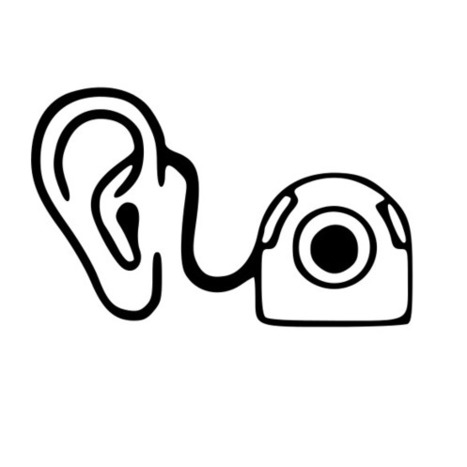Personal academic home page
Research and publish the best content.
Get Started for FREE
Sign up with Facebook Sign up with X
I don't have a Facebook or a X account
Already have an account: Login

Almost "everything" about new approaches in Education
Curated by
Rui Guimarães Lima
 Your new post is loading... Your new post is loading...
 Your new post is loading... Your new post is loading...
|
|











Research technicians of all kinds, bound as they are to a domain of constant activity, have too little time (and often little desire) to address such questions. So people turn elsewhere — if often incoherently, inarticulately, and angrily, shooting first and aiming later. But that itself is one reason, at least, for the fact that when you look under the hood, so to speak, you see that what one might call the traditional literary humanities appears very much alive. I hope you have read this essay by James English in The Chronicle of Higher Education, as well as Christopher Newfield’s work on how the humanities appear to subsidize the sciences in some public research universities. Reality is startlingly counter-intuitive.
So you needn’t concern yourself with “digital humanities”: it can’t save you, it isn’t the key to anything, and you’ll be no worse off for ignoring it if that is your wish.
On the other hand, you must always be doing “digital humanities.” And by that I mean two things. First, that you should take the acquisition of new technical skills — and not only those associated with computing, but all kinds of new technical skills — as just as vital to your intellectual growth as immersion in the history of ideas. Second, that you ought not to delegate either those skills, or the engagement with the historical present that they represent, to a new group of specialists. That, in my opinion, was the mistake that literary humanists made in the invention of “creative writing,” leaving the intimate immersion in form to others while they focused exclusively on the so-called “content” of their work.
In some ways it is true that during the last twenty years, the means of intellectual production have been disrupted more rapidly and continuously than before, and that the popularization of that document distribution and retrieval system we call the World Wide Web has come to threaten the traditional control of the bureaucratic intellectual class over archives and other repositories of data. To over-invest in the “digital humanities” as such is to over-invest in a segregation permitting that intellectual class to avoid thinking too deeply about such change, by hiring others to manage it on their behalf. But such arrangements are not victories for anyone. Rather, they are sources of a kind of tectonic tension, and eventually something breaks.